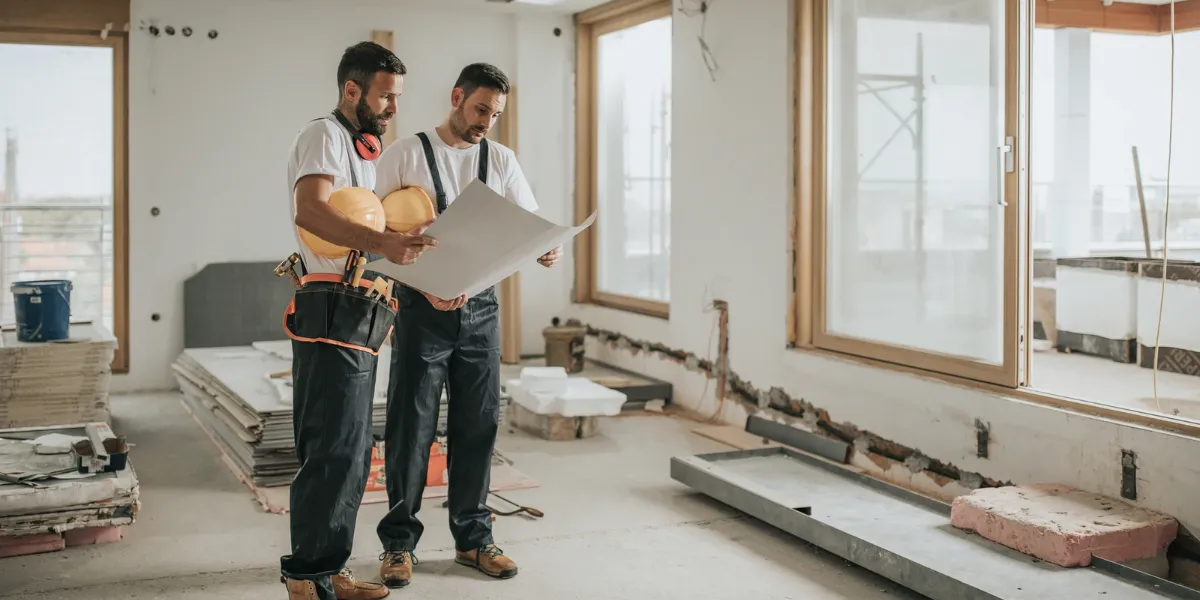The Ins And Outs Of Becoming A Landlord In Toronto Toronto is not just Canada’s largest city; it’s a booming metropolis with a thriving real estate market. For aspiring landlords, this city offers both challenges and opportunities. Understanding the ins and outs of becoming a landlord in Toronto can help you navigate this complex but rewarding venture.
The Toronto Real Estate Market: An Overview

Toronto’s real estate market is characterized by high demand and competitive pricing. The city’s population growth, driven by immigration and economic opportunities, creates a constant need for rental housing. As a landlord, staying updated on market trends is crucial. This involves monitoring vacancy rates, average rental prices, and emerging neighborhoods.
Legal Requirements and Regulations

Before renting out a property, familiarize yourself with the legal requirements. The Ontario Residential Tenancies Act (RTA) governs most aspects of residential renting. Key points include the necessity of providing written leases, adhering to rent control guidelines, and following proper procedures for tenant eviction. Additionally, you may need specific licenses depending on the property type and location within Toronto.
Financial Considerations: Costs and Income
Financial planning is a cornerstone of successful landlording. Initial costs include the purchase price, closing costs, and any immediate repairs or renovations. Ongoing expenses encompass mortgage payments, property taxes, insurance, and maintenance. Balancing these costs with potential rental income requires careful calculation. Use local rental data to estimate income and ensure the property will be profitable.
Finding the Right Property

Selecting a property involves more than just finding a good deal. Location is paramount; properties near public transportation, schools, and amenities tend to attract more tenants. Consider the property type—whether it’s a single-family home, condo, or multi-unit building—and its condition. A thorough inspection can reveal necessary repairs or upgrades that may influence your decision.
Preparing Your Property for Rent
Preparing a property for tenants involves ensuring it is safe, clean, and attractive. This might mean making minor repairs, painting, or upgrading fixtures. Compliance with safety standards and local building codes is essential. A well-maintained property not only attracts tenants but also justifies higher rental rates.
Setting Rental Rates

Determining the right rental rate requires research and strategic thinking. Overpricing can lead to long vacancy periods, while underpricing may affect profitability. Compare similar properties in your neighborhood to gauge appropriate pricing. Consider offering incentives such as reduced rent for the first month to attract tenants quickly.
Marketing Your Rental Property
Effective marketing is crucial for finding tenants. Create a compelling listing with high-quality photos and detailed descriptions. Highlight unique features like modern appliances, proximity to transit, or included utilities. Use online platforms like Craigslist, Kijiji, and real estate websites, as well as social media, to reach a broad audience.
Screening and Selecting Tenants

Selecting the right tenants is vital to maintaining a smooth rental experience. Implement a thorough screening process that includes credit checks, background checks, and references from previous landlords. A detailed rental application can help you gather necessary information. Trustworthy tenants are more likely to pay rent on time and take care of your property.
Understanding Lease Agreements
A clear, comprehensive lease agreement is essential. It should outline the terms of the rental, including rent amount, payment due dates, security deposits, maintenance responsibilities, and rules for property use. Customize the lease to comply with Ontario’s legal requirements and consider having it reviewed by a lawyer to avoid potential issues.
Property Management: DIY vs. Hiring a Professional
Managing a rental property can be time-consuming. Decide whether to handle it yourself or hire a property management company. Self-management gives you direct control but requires time and effort. Professional managers can handle tenant interactions, maintenance, and legal issues, which can be particularly beneficial if you own multiple properties or live far from your rental.
Maintaining Your Rental Property

Regular maintenance keeps your property in good condition and helps retain tenants. Schedule seasonal maintenance tasks like HVAC servicing and gutter cleaning. Address repair requests promptly to avoid larger problems. Routine inspections can help you spot issues early and maintain a good relationship with your tenants.
Handling Tenant Issues and Disputes
Despite your best efforts, tenant issues may arise. Approach disputes calmly and professionally. Address concerns promptly and keep thorough records of all communications and actions taken. Understanding the legal process for handling disputes, including eviction procedures, can help you manage conflicts effectively and legally.
Click here for more visited Posts!





Join The Discussion